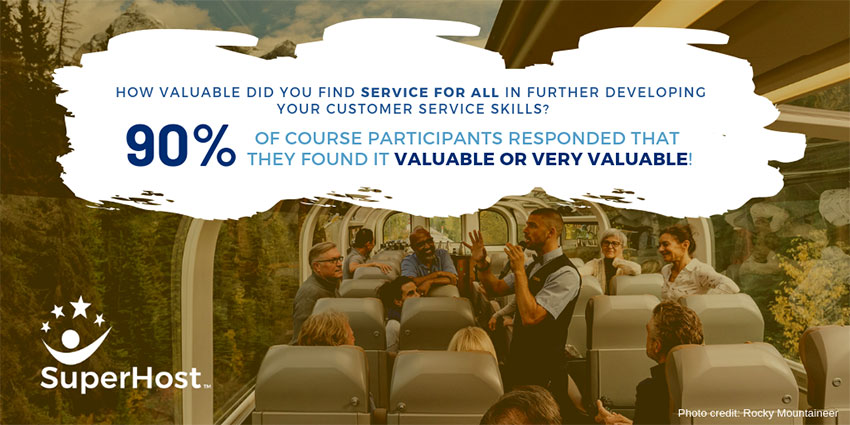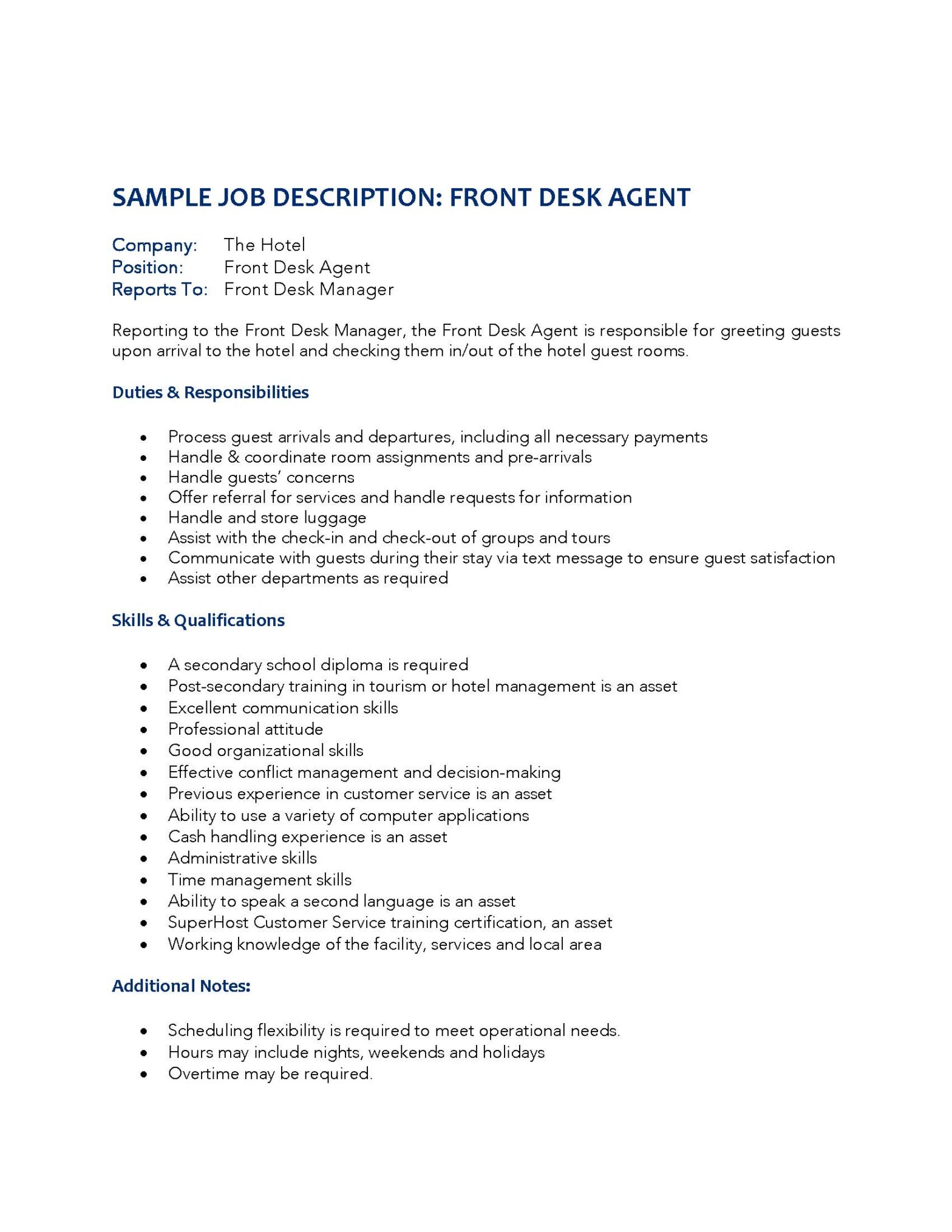May 25, 2017
Much of this depends on whether you have established a good relationship with your applicants – if you have treated prospective workers well, they are much more likely to have developed a good experience and positive impression of your brand, and hence reapply for other positions within your company, or refer friends and family to apply for a job with you.
On paper, recruitment is no different than any other form of marketing. Highly skilled, high-quality workers are a valuable commodity, and companies spend billions each year attempting to attract and hire workers who can provide an edge over the competitors, increase productivity and drive revenue.
The recruitment process includes the creation and maintenance of an employment brand that exists in tandem with the company’s consumer brand.
That’s why HR departments and talent acquisition professionals — the curators of a company’s employment brand — should always strive to treat prospective workers with the same care and concern that sales or marketing staff treat potential customers with. In most areas, the majority of companies understand this well and craft efficient recruitment strategies that highlight the career opportunities and workplace culture unique to their organizations.
However, there’s one mistake many companies are making — and job seekers are noticing, according to two 2013 Canadian surveys released by CareerBuilder (one of 424 workers and the other of 475 hiring managers and HR professionals):
- Only 39 per cent of hiring managers respond to all job applicants by acknowledging receipt of their applications.
- 82 per cent of workers who applied to a job in the year prior to the survey have had at least one employer not get back to them at all.
Odds are, if you’ve applied to a job recently, you know the feeling this induces. Job applications often take 30 minutes to an hour to complete, and that’s not counting the time spent on customized cover letters and resumes. To not hear back at all — not even a confirmation email saying the application was submitted successfully or a notice once the job has been filled — can leave a person dejected and wondering whether her resume was seen by anyone.
And workers care a lot about communication — 75 per cent said they expect to hear back after applying for the job, whether the company is interested in them or not, found the survey.
So why do so many companies fail on this aspect of job applicants’ experience?
The first reason is simply that short-staffed HR departments can easily be overwhelmed by the sheer number of applications — a single job posting can attract hundreds of resumes. In an ideal world, recruitment professionals would like to spend as much time as possible with each application and respond personally to each one. Since that is not an option for most companies, recruiters tend to direct their efforts toward whittling down the pile of resumes to a manageable level and, unfortunately, communication with applicants is sometimes deprioritized or overlooked altogether.
The second explanation is that in a competitive labour market, employers hold all the cards and don’t stand to gain anything by using resources on job applicants they know they won’t hire.
Negative Job Seeker Reactions
While many people (31 per cent) would move on and do nothing following a poor application experience, the majority take some type of action, starting with eliminating that organization from future consideration — 47 per cent of workers would never seek employment with that firm again, according to the employee survey.
But it doesn’t end there: One-third would tell friends and family not to work there; one in five would take their feedback directly to the company; one in seven would review the company on a site such as Yelp or Glassdoor.
A negative experience can easily alter a jobseeker’s impression of a company’s consumer brand, as well. For instance, 34 per cent of workers said if they don’t hear back from a prospective employer, they are less likely to buy a product or service from that company.
When employers do respond to applications, there’s a decent chance the job seekers will look more favourably on the company even if they were rejected, according to the book The Talent Equation, by Matt Ferguson, CEO of CareerBuilder, Lorin Hitt, a professor at the University of Pennsylvania in Philadelphia, and Prasanna Tambe, an assistant professor at New York University.
In a study of more than two million job seekers, the authors found 17 per cent had a better opinion of the company after being notified they were out of the running. Meanwhile, only two per cent of candidates whose applications were ignored had a more favourable impression, while 44 per cent had a worse impression.
Positive Applicant Experience
Even if they didn’t get the job, Canadian workers will likely reward companies that respect their time. After a favourable application experience, a majority (67 per cent) would consider seeking employment again, found CareerBuilder. Additionally:
- 44 per cent would refer friends and family to jobs at the company
- 25 per cent would be more likely to purchase their products
- 23 per cent would deliver positive feedback directly to the company
Communication doesn’t have to be elaborate — job seekers don’t expect personal phone calls updating the status of their applications. Employers simply need to make sure their applicant tracking systems are set up to send automated emails when a candidate successfully applies or the job status changes. Some companies are even adopting status updates via mobile text messages.
It’s also beneficial to communicate the hiring timeline and process from the start so job seekers have a sense of where things stand.
Providing a good applicant experience should be seen as an opportunity rather than a cost. When companies show respect to all prospective employees, it’s a boost to their employment brands that will ultimately help them hire the best talent and simultaneously safeguard their reputation with consumers.
By Mark Bania, Toronto-based managing director for Canada at CareerBuilder.ca. This article is reprinted by permission of Canadian HR Reporter. Copyright Thomson Reuters Canada Ltd., February 10, 2014, Toronto, Ontario, 1-800-387-5164. Web: www.hrreporter.com
Return to top
